O
Object Relations, “Obviously,”, Open Questions
Object Relations
Object relations has nothing to do with your connection to your toothbrush.
In “O.R.”, ‘object’ is meant in the Freudian sense of, say, “the object of my affection” or “the object of my ridicule”. Object relations is about how we relate to other human beings. It is a British development of Freudian principles which puts how we relate at the centre of our concerns. It might be called “Relationship with relationship”.
Within this complex and valuable area there is also a sub-term of “part objects” in which we see someone not as a complete person (or a complete object) but as only being partial: we see people who work for us as functionaries rather than whole people, or we see politicians as their views rather than whole people who happen to have some views.
Clients sometimes sees therapists as that: “this is a person who understands stuff” or “this is a person who can help me” and find it hard (and sometimes frightening) to imagine their therapist as a person with a family, traumas, tastes and prejudices just like everyone else.
How we relate is at the essence of the human experience. And at the core of the therapeutic encounter.
“Obviously”
For clients, lots of things are “obvious” because it’s their life. For therapists, nothing is obvious because it’s not our experience.
It’s striking how often the word “obviously” creeps into a client’s expressions. Well yes, maybe it was “obvious” to you that you would have talked to your boyfriend about what we discussed last week, say, but people often don’t. If I presumed something and get it wrong that could lead me to act in a way which is completely unhelpful to you.
If a client says something is obvious, oftentimes it wasn’t obvious to me at all – maybe I guessed or presumed, maybe I didn’t. But even if I did and it was, it’s important for the client to say it rather than assume I’ll intuit it. Therapists are not mind readers; if we try to be, we’ll usually get it wrong.
Any therapist who thinks a client’s response is “obvious” hasn’t been paying enough attention. Some responses are familiar or expected or consistent, sure, but few are every obvious.
Open Questions
If you’re a journalist interviewing a politician, closed questions can be helpful in keeping things moving. “Did you attend any of the five COBRA meetings about the first pandemic in a century, Prime Minister?” “No.” Such questions are rarely helpful in the therapy room.
Open questions encourage the client to elaborate on their experience and go deeper into their sense of themselves. “Do you like your mother?” would be a closed question. “How do you get on with your mother?” is more open.
When to ask open questions and when to ask closed questions is an important judgment for a therapist. Occasionally a pithy closed question can really sharpen the experience.
Otis: My brother has always thought I’m an idiot who’s out to get him and it’s made it really hard to be with him because I don’t do well in an atmosphere of attack as it feels I have to defend myself and I’m not given a chance to think what to say because I’m so busy trying to work out what will stop us getting into a huge fight, and therefore it’s hard when I know he’s always going to come back to “Do I hate him?”
Therapist: Do you?
On other occasions an open question can help slow down the pace and allow for a more useful development of a thought. It can also be an encouragement for someone who finds it hard to express themselves to elaborate in more detail than they would naturally volunteer.
Oksana My husband just gets so difficult with me. He blames me for his frustrations at work. He never wants to have sex. He doesn’t even seem to enjoy watching Fawlty Towers with me anymore which we used to do the whole time when we first met. I just don’t know what to do.
Therapist So when your husband acts in that way to you, what’s that like as an experience?
The playwright Anton Chekov said that the business of drama wasn’t to answer questions but to ask them. There’s a man who understood therapy.
Next Week: P (Part 1)
Pace, Paradoxes, Pauses, Paraphrasing
